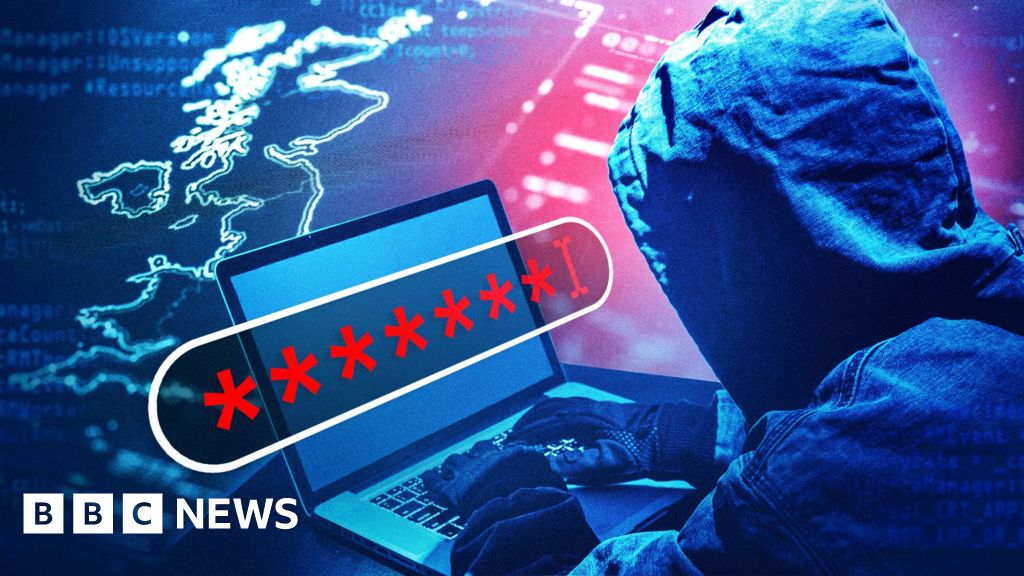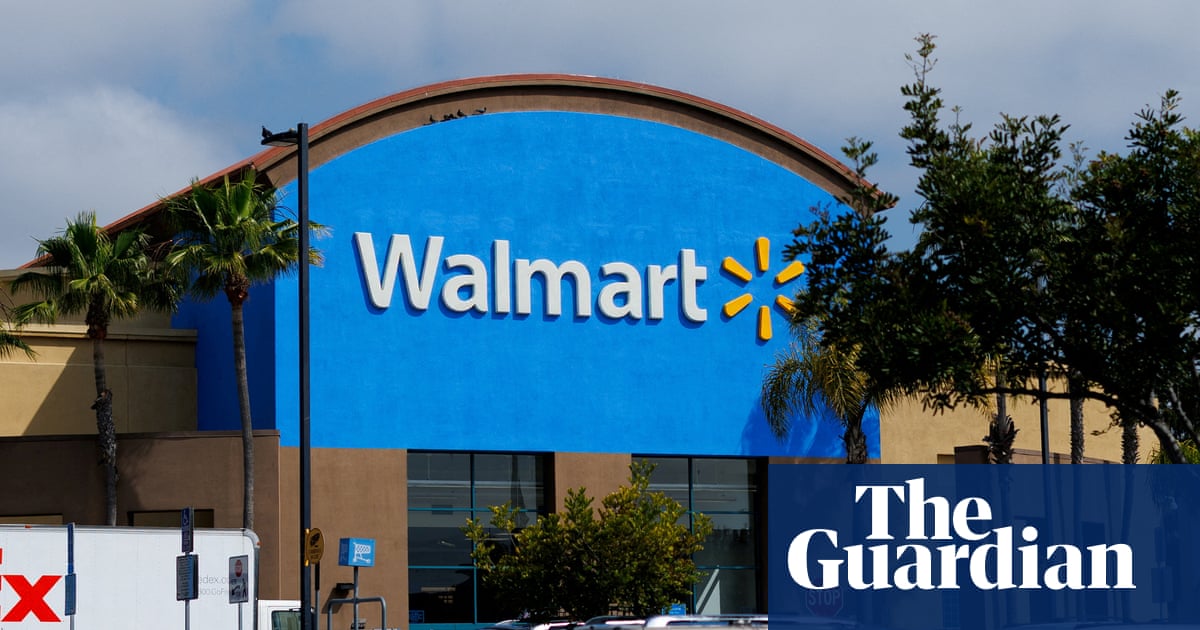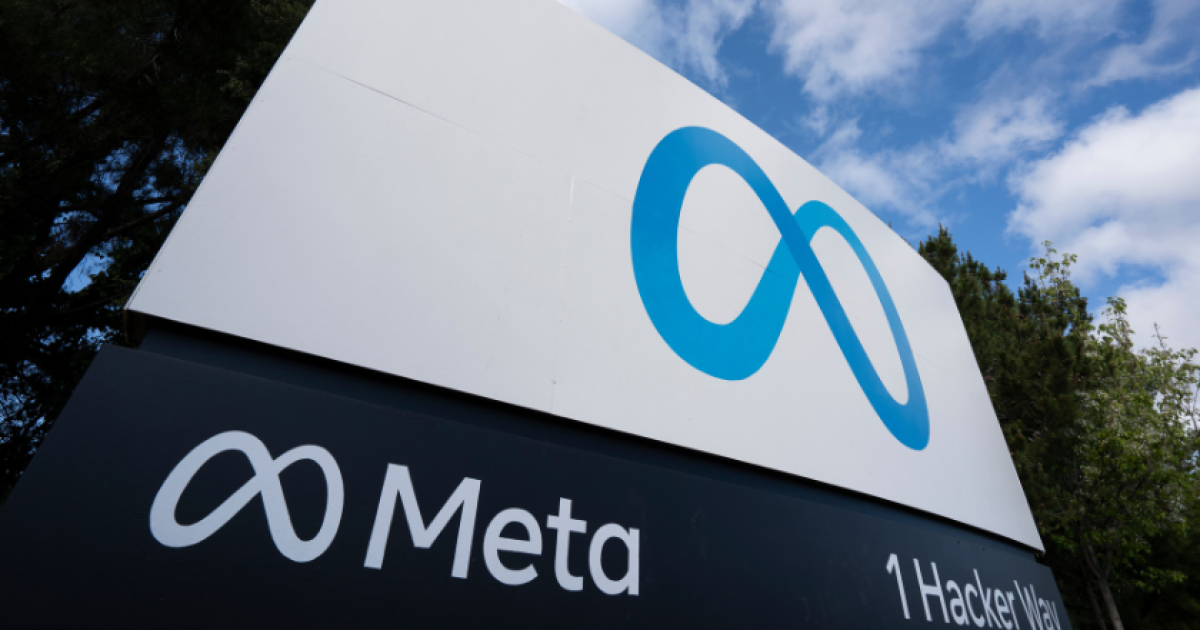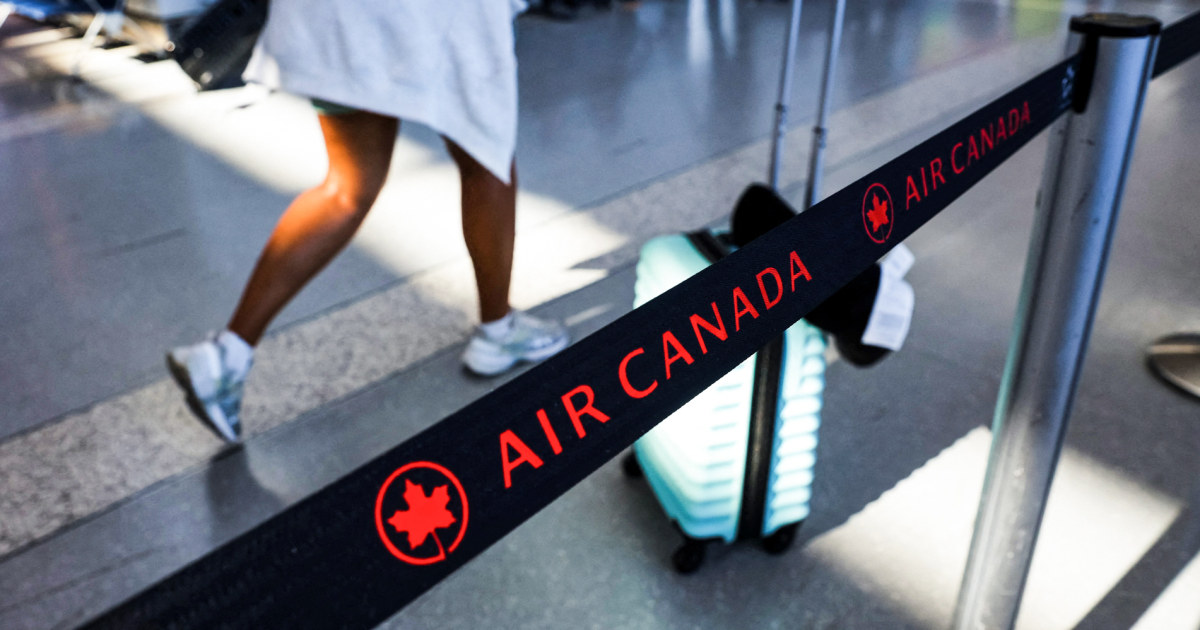How a Single Weak Password Destroyed a 158-Year-Old Company!

Can you imagine a century-and-a-half-old company crumbling because of just one weak password? That’s exactly what happened to KNP, a transport company with a rich history spanning 158 years. This shocking reality is a grim reminder of how vulnerable even the most established businesses are in today’s digital age.
Based in Northamptonshire, KNP was a bustling transport company running 500 lorries under the Knights of Old brand until a ransomware gang known as Akira struck. In a matter of moments, they transformed the company from a thriving business into a cautionary tale for many others.
The attack was not just a random act of maliciousness; it was a calculated move that exploited a single employee’s password. After the hackers gained access, they encrypted the company’s critical data, effectively locking the staff out of their own systems. Paul Abbott, KNP’s director, faced a difficult choice: should he inform the employee whose password was harmlessly guessed that their mistake led to such catastrophic results? “Would you want to know if it was you?” he pondered.
This attack is part of a disturbing trend where UK businesses, even major names like M&S and Co-op, face increasing cybersecurity threats. Just last week, the CEO of Co-op revealed that a staggering 6.5 million members had their data compromised in a similar incident. The National Cyber Security Centre (NCSC) is working tirelessly to combat these threats, but the reality is that hackers are always on the prowl, searching for weaknesses to exploit.
In this particular case, KNP had claimed their IT systems adhered to industry standards and had even taken out insurance against cyberattacks. Yet, the ransom demand from the hackers, estimated at around £5 million, was more than they could afford. In the end, the company lost everything, leaving 700 employees without jobs. It’s a sad fate for a company that had survived over a century of economic shifts and challenges.
Richard Horne, the CEO of NCSC, emphasized the growing urgency for businesses to bolster their cybersecurity measures. With an alarming statistic of 19,000 ransomware attacks reported last year in the UK alone, the need for robust security protocols has never been more pressing. The NCSC aims to make the UK the safest place to live and work online, but the battle against cybercrime requires more than just their efforts; it demands a collective commitment from every organization.
As we witness the rise of cybercrime, the tactics of hackers are evolving, making it easier for them to infiltrate systems. Suzanne Grimmer from the National Crime Agency noted that incidents of hacking have doubled in the last two years, highlighting a concerning trend that could lead to record-breaking ransomware attacks in the near future.
Unfortunately, the reality is stark: businesses need to recognize that a single misstep could lead to their downfall. As technology continues to advance, so do the criminals who exploit it. Let KNP’s story serve as a wake-up call for all businesses to prioritize cybersecurity and protect their digital assets before it’s too late.



























